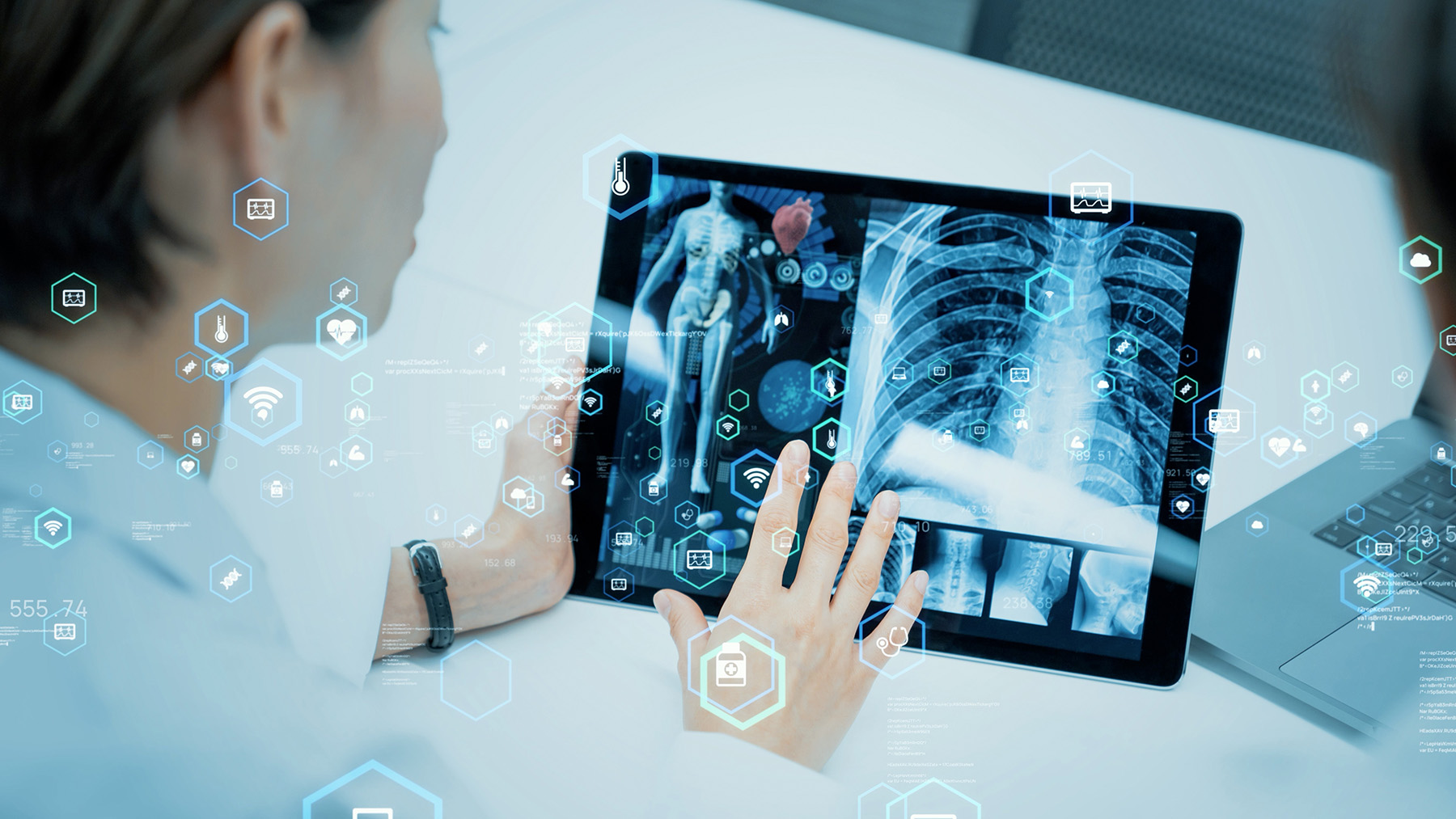A Outlook of Medical Administration: Adopting Software Systems

In an era where advanced technology is transforming every sector, healthcare administration stands at the leading edge of this transformation. The growing complexity of healthcare infrastructures, coupled with the call for enhanced patient care, necessitates innovative solutions. Medical management software has emerged as a effective tool that not only simplifies operations but also significantly improves the manner healthcare providers interact with patients and manage their practices.
The advantages of adopting medical management software go beyond mere productivity. These systems offer essential insights through data analytics, enabling healthcare providers to make informed decisions and adapt their offerings to meet the distinct needs of each patient. By adopting these software systems, healthcare organizations can navigate the obstacles of the current medical landscape while laying a foundation for future expansion and success.
Gains of Clinical Management Systems
Healthcare administration systems significantly boosts the effectiveness of healthcare processes. By streamlining operational duties such as schedule booking, invoicing, and patient record management, medical providers can lessen workload and streamline operations. This allows employees to focus more on patient treatment rather than office jobs, finally leading to better client satisfaction and results.
In addition to improving effectiveness, clinical management systems promotes improved communication and collaboration among healthcare staff. Secure communication, shared patient data, and unified systems enable immediate interaction, ensuring that all participants of the care team are informed and on the same page. This enhanced cooperation can lead to greater synchronized treatment, lower errors, and improved patient safety.
Additionally, healthcare administration systems provides essential data tools that can revolutionize medical judgments. By compiling and reviewing client information, medical providers can gain understanding into care results, patient profiles, and performance efficiency. This information helps facilities identify trends, improve asset allocation, and raise overall treatment standards, paving the way for more strategic and intelligent healthcare administration.
Key Features to Consider
As you consider medical management software, it is vital to prioritize user-friendly interfaces. A platform that is straightforward to navigate can minimize training time for staff and decrease the likelihood of errors in data entry. Intuitive dashboards that present essential information at a glance can enhance workflow efficiencies, allowing healthcare professionals to focus more on patient care rather than managing software.
Another important feature is integration capability. The best medical management software should efficiently integrate with other systems used in healthcare organizations, including electronic health records and billing software. This connectivity ensures that data flows smoothly between systems, minimizing redundancy and discrepancies. It promotes a comprehensive view of patient information, which can lead to enhanced clinical decision-making and superior patient outcomes.
Finally, robust reporting and analytics tools are essential in modern medical management software. These tools allow administrators and healthcare providers to generate detailed reports on various aspects of their practice, from financial performance to patient care metrics. By analyzing this data, organizations can detect trends, optimize operations, and make informed decisions that boost the overall quality of care provided to patients.
Emerging Changes in Healthcare Software
The landscape of healthcare applications is evolving rapidly, with advancements in artificial intelligence and ML redefining medical management platforms. These advancements enable more efficient data processing and forecasting, enabling healthcare practitioners to anticipate patient requirements and results. As software continues to integrate AI features, it will provide healthcare professionals with important insights that augment clinical decisions and boost overall patient care.

Another trend is the growing emphasis on interoperability among various healthcare systems. Medical management tools is being designed with open application programming interfaces that facilitate seamless data exchange between different systems. This collaboration allows for enhanced data exchange among providers, reduces administrative overheads, and lowers the risk of mistakes. As this integration becomes standard practice, healthcare providers will be able to create comprehensive views of patient health, leading to greater coordinated care.
Additionally, patient involvement tools are becoming a key segment of medical management software. medicloudmed as apps, patient websites, and telehealth options enable patients to take an proactive role in their healthcare pathways. This transition towards patient-centric approaches promotes improved communication and trust between patients and healthcare professionals, ultimately enhancing the quality of healthcare. As these trends continue to gain traction, the prospects of healthcare management will be defined by software that focus on both operational efficiency and patient well-being.
